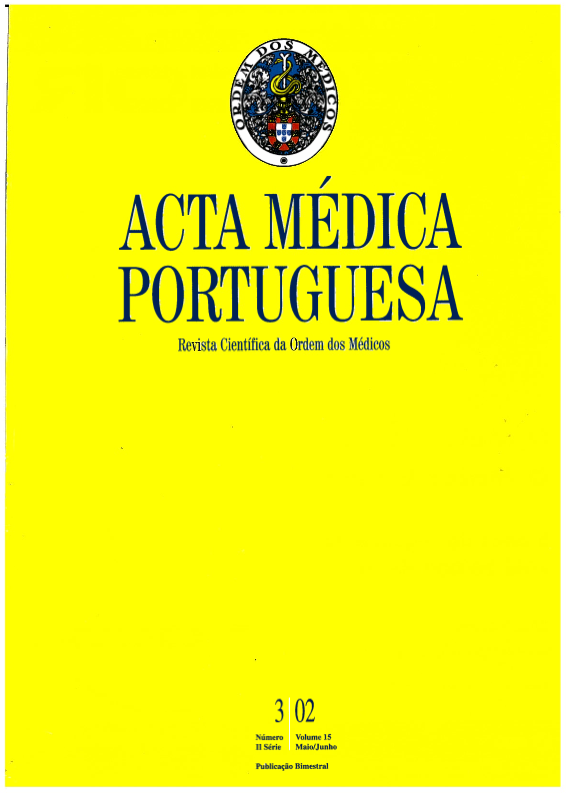Thyroid diseases in pregnancy.
DOI:
https://doi.org/10.20344/amp.1925Abstract
The thyroid diseases are more frequent in women, which is probably related to the fact that many thyroid diseases are of the autoimmune type, secondary to the effects of sexual steroids in the immunological system; although it had never been completely cleared up, it seems that estrogens and progestogens may modulate the lymphocyte differentiation as well as the induction of the autoimmune response. After delivery, the thyroid dysfunction of autoimmune type often occurs, even in women without previous history of thyroid disease. Some authors assume that the cytokines, produced by the mother, fetus or placenta, inhibit the autoimmune reaction during pregnancy. The subsequent reduction in the inhibiting cytokines, after delivery, allows the aggravation or the beginning of the autoimmune disease. Although autoimmunity is traditionally considered as a major cause for thyroid disease during pregnancy, recent studies indicate that the most common aetiology of disturbance of thyroid tests during pregnancy is the hyperthyroidism due to the inadequate production of human chorionic gonadotropin (hCG). However, from the clinical point of view, the hyperthyroidism caused by Graves' disease is the most important cause for maternal and fetal morbidity.Downloads
Downloads
How to Cite
Issue
Section
License
All the articles published in the AMP are open access and comply with the requirements of funding agencies or academic institutions. The AMP is governed by the terms of the Creative Commons ‘Attribution – Non-Commercial Use - (CC-BY-NC)’ license, regarding the use by third parties.
It is the author’s responsibility to obtain approval for the reproduction of figures, tables, etc. from other publications.
Upon acceptance of an article for publication, the authors will be asked to complete the ICMJE “Copyright Liability and Copyright Sharing Statement “(http://www.actamedicaportuguesa.com/info/AMP-NormasPublicacao.pdf) and the “Declaration of Potential Conflicts of Interest” (http:// www.icmje.org/conflicts-of-interest). An e-mail will be sent to the corresponding author to acknowledge receipt of the manuscript.
After publication, the authors are authorised to make their articles available in repositories of their institutions of origin, as long as they always mention where they were published and according to the Creative Commons license.









